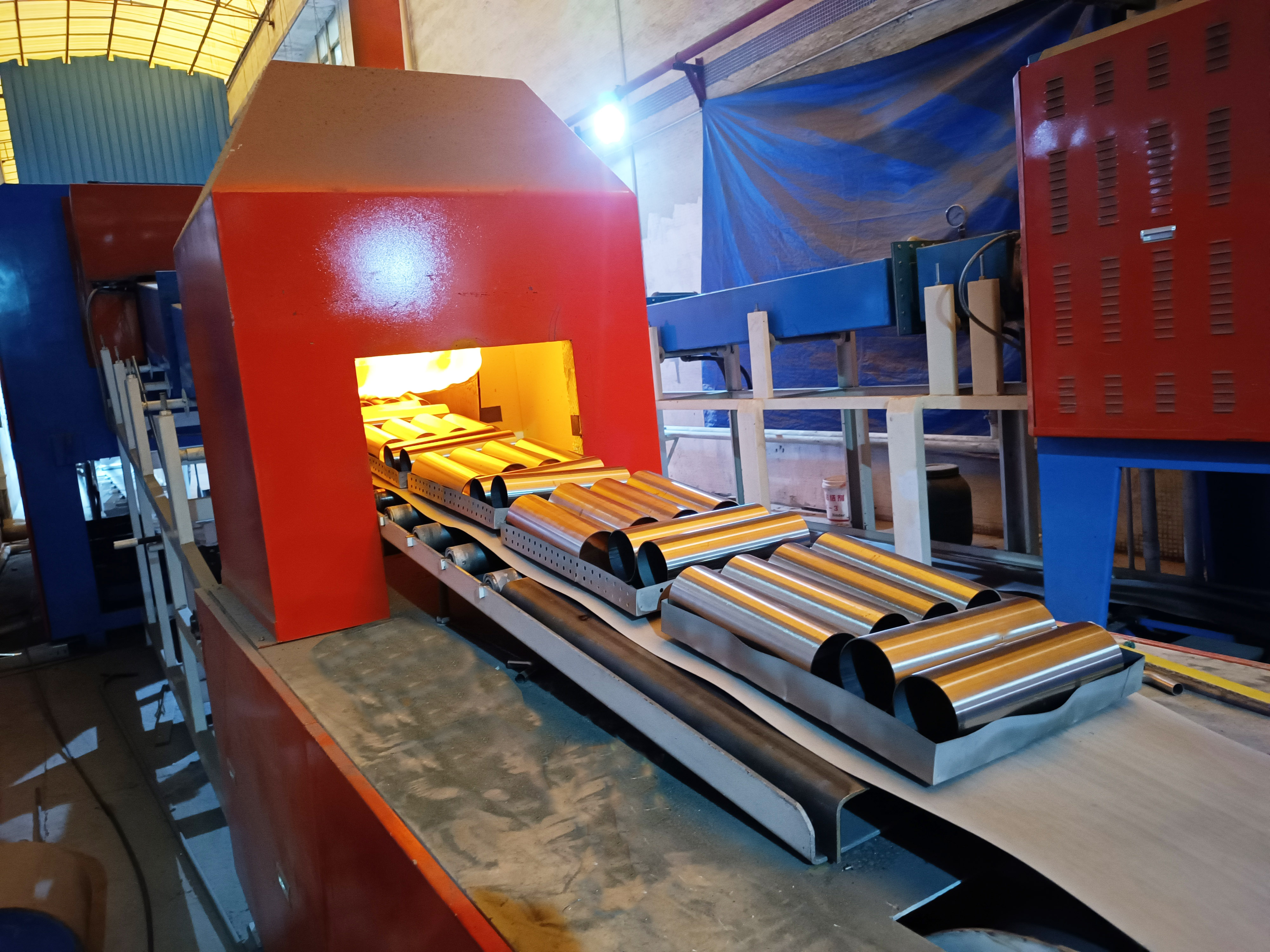Why do stainless steel pipes need annealing and solution treatment
May. 30, 2024
Annealing and solution treatment is also called carbide solution annealing. It is a process that heats the finished product to above 1850 deg F (1010 degrees Celsius) to remove carbide precipitation (i.e. carbon escaping from the stainless steel solid solution), and then rapidly cools it down, and the contained carbides return to the stainless steel solid solution.
Austenitic stainless steel pipes are softened by solution treatment. Generally, the stainless steel pipe is heated to about 950-1150℃, kept warm for a period of time, so that carbides and various alloy elements are fully and evenly dissolved in austenite, and then quickly quenched and cooled. Carbon and other alloy elements have no time to precipitate, and pure austenite structure is obtained. This is called annealing and solution treatment.
The role of annealing and solution treatment:
1. Make the steel pipe structure and composition uniform, which is especially important for raw materials, because the rolling temperature and cooling rate of each section of hot-rolled wire are different, resulting in inconsistent structure.
At high temperatures, atomic activity intensifies, the σ phase dissolves, the chemical composition tends to be uniform, and a uniform single-phase structure is obtained after rapid cooling.
2. Eliminate work hardening to facilitate continued cold processing.
Through solution treatment, the distorted lattice is restored, the elongated and broken grains are recrystallized, the internal stress is eliminated, the tensile strength of the steel pipe decreases, and the elongation increases.
3. Restore the inherent corrosion resistance of stainless steel.
Due to the precipitation of carbides and lattice defects caused by cold processing, the corrosion resistance of stainless steel decreases. After solution treatment, the corrosion resistance of the steel pipe is restored to the best state.










